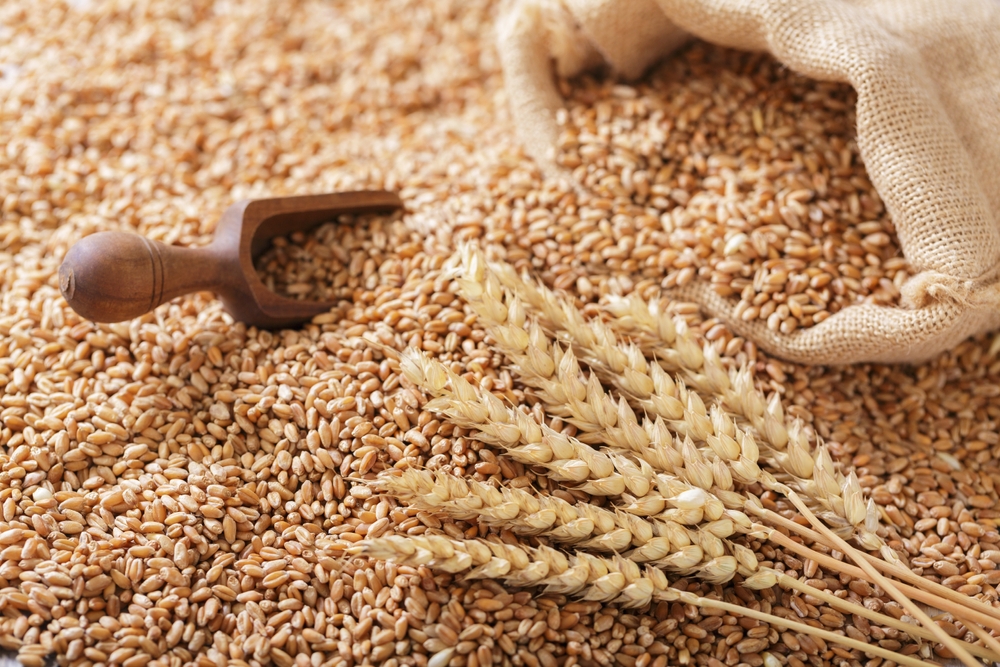Honeydew melon is a favorite treat to eat in the summer heat. But if your dog is trying to get a piece, you want to make sure it is safe. Can dogs eat honeydew?
Yes, dogs can eat honeydew in moderation, and it can be healthy for them, but there are precautions that you have to take.
What Is Honeydew?
Honeydew is a fruit of the melon species Cucumis melo. It’s similar in texture to cantaloupe, a close relative, but it has a unique flavor and light green flesh.
Along with tasting sweet and refreshing, honeydew has a lot of nutritional value. It’s a good source of vitamin C, vitamin B6, vitamin K, potassium, magnesium, fiber, and folate.
But those nutritional benefits apply to humans. Dogs that are on a high-quality commercial diet should already have all the nutrients they need, including essential vitamins and minerals.
Can Dogs Have Honeydew?
Honeydew isn’t toxic to dogs, but it should still only be given in moderation. Dogs can get trace vitamins and minerals from honeydew, as well as hydration, but it’s not necessary if your dog is on a balanced diet.
Although a small bite of honeydew on a hot summer day won’t hurt your pet, it’s better to rely on dog-appropriate treats.

The Risks of Feeding Honeydew to Dogs
If you do feed honeydew to your dog, it’s important to feed only the flesh. The melon rind and seeds can cause a choking hazard or lead to a blockage in your dog’s digestive system, which can be life-threatening. Make sure the rind is removed.
Honeydew also has a lot of natural sugar. If you give your dog too much, it can lead to digestive upset with diarrhea or vomiting. Over time, excess sugar can increase your dog’s likelihood of becoming obese, which is associated with an increased risk of health conditions like heart disease, diabetes, arthritis, urinary bladder stones, and more.
It’s also important to avoid overfeeding sugary honeydew to diabetic dogs, as this can cause dramatic spikes in blood sugar and associated complications.
If you want to feed honeydew to your dog, remove the melon rind and seeds, and chop the flesh into small bites that are appropriate for your dog’s size. One or two pieces are fine, but avoid feeding honeydew every day or in large quantities. If your dog has gotten into honeydew and you’re concerned about his well-being, we recommend contacting a veterinarian.
If you need to speak with a vet but can’t get to one, head over to PangoVet. It’s an online service where you can talk to a vet online and get the personalized advice you need for your pet — all at an affordable price!
Can Dogs Have Other Types of Melon?
Along with honeydew, watermelon, and cantaloupe are other favorite melons for summertime snacks. The flesh of these melons is generally safe for dogs, but the same precautions apply. You should never feed the rind or seeds of honeydew, cantaloupe, or watermelon to your dogs.
These melons are all high in natural sugar, so it’s best to feed them only as occasional treats, if at all. The small health benefits of vitamins and minerals aren’t necessary if your dog is on a complete and balanced diet, and too much melon can lead to health problems.

In Conclusion
If your dog snatches a bite of honeydew melon—or other types of melon—it’s not a cause for alarm. Honeydew is not toxic to canines, but the rind and seeds can be hazardous. Instead of offering your summer fruit salad to your pet, stick to yummy dog-safe treats.
See also:
Featured Image Credit: Kotcha K, Shutterstock













